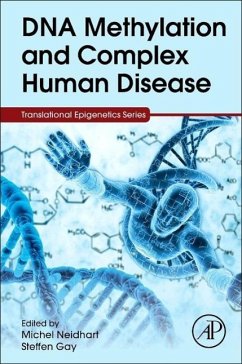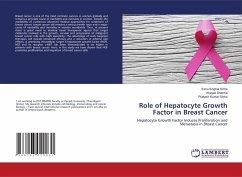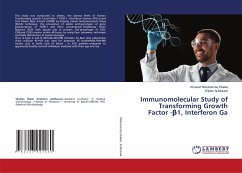
Regulation of Connective Tissue Growth Factor in Cardiac Fibroblasts
Versandkostenfrei!
Versandfertig in 6-10 Tagen
45,99 €
inkl. MwSt.

PAYBACK Punkte
23 °P sammeln!
The connective tissue growth factor (CTGF), also known as CCN2, is highly expressed during embryonic development and later up regulated in almost all fibrotic tissues including the fibrotic heart. With this respect, it has been demonstrated that myofibroblasts but also other cardiac cells are substantial sources of CTGF. This factor is known to play a vital role during the embryogenesis stage, since its absence was associated with malformation of cartilages, bones and blood vessels. However, CTGF expression and secretion continues during the adulthood. The structure of CTGF protein gives it th...
The connective tissue growth factor (CTGF), also known as CCN2, is highly expressed during embryonic development and later up regulated in almost all fibrotic tissues including the fibrotic heart. With this respect, it has been demonstrated that myofibroblasts but also other cardiac cells are substantial sources of CTGF. This factor is known to play a vital role during the embryogenesis stage, since its absence was associated with malformation of cartilages, bones and blood vessels. However, CTGF expression and secretion continues during the adulthood. The structure of CTGF protein gives it the capacity to interact with several growth factors as well as cell surface and extracellular matrix (ECM) proteins, allowing CTGF to function as a modulator for several cellular processes including cell migration, proliferation and differentiation, besides ECM synthesis and the cell-ECM interaction. In addition, it was reported that CTGF mediates the deposition of ECM proteins in response totransforming growth factor- beta (TGF-beta), which is a major profibrotic protein.












